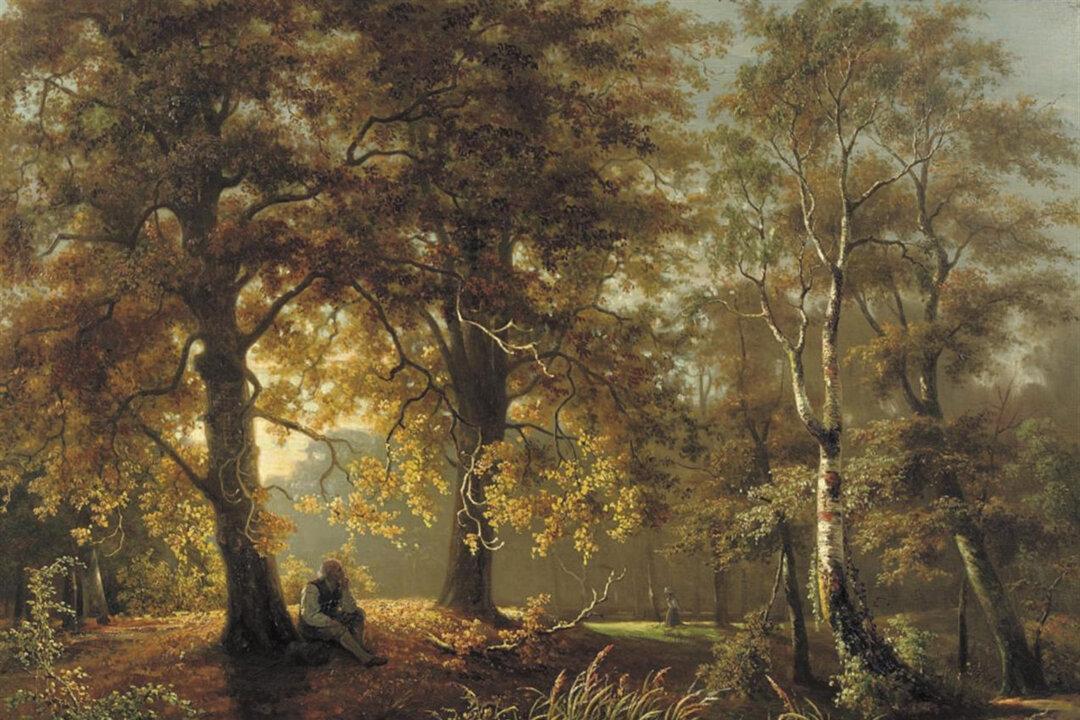It can come over you in an instant: a sound, a look, a note, an image; a work of art that captures your mind and your heart, pulls you out of the humdrum of the everyday, and gives you a glimpse of another world. Sometimes, it’s a cherished memory unexpectedly recalled or an image of sublime beauty that takes us out of ourselves and gives us a wider view of our own existence, an event not unlike waking up from a dream.
Such an experience occurred for Romantic poet John Keats when he was staying with his friend Charles Brown during the spring of 1819. As Brown related:






